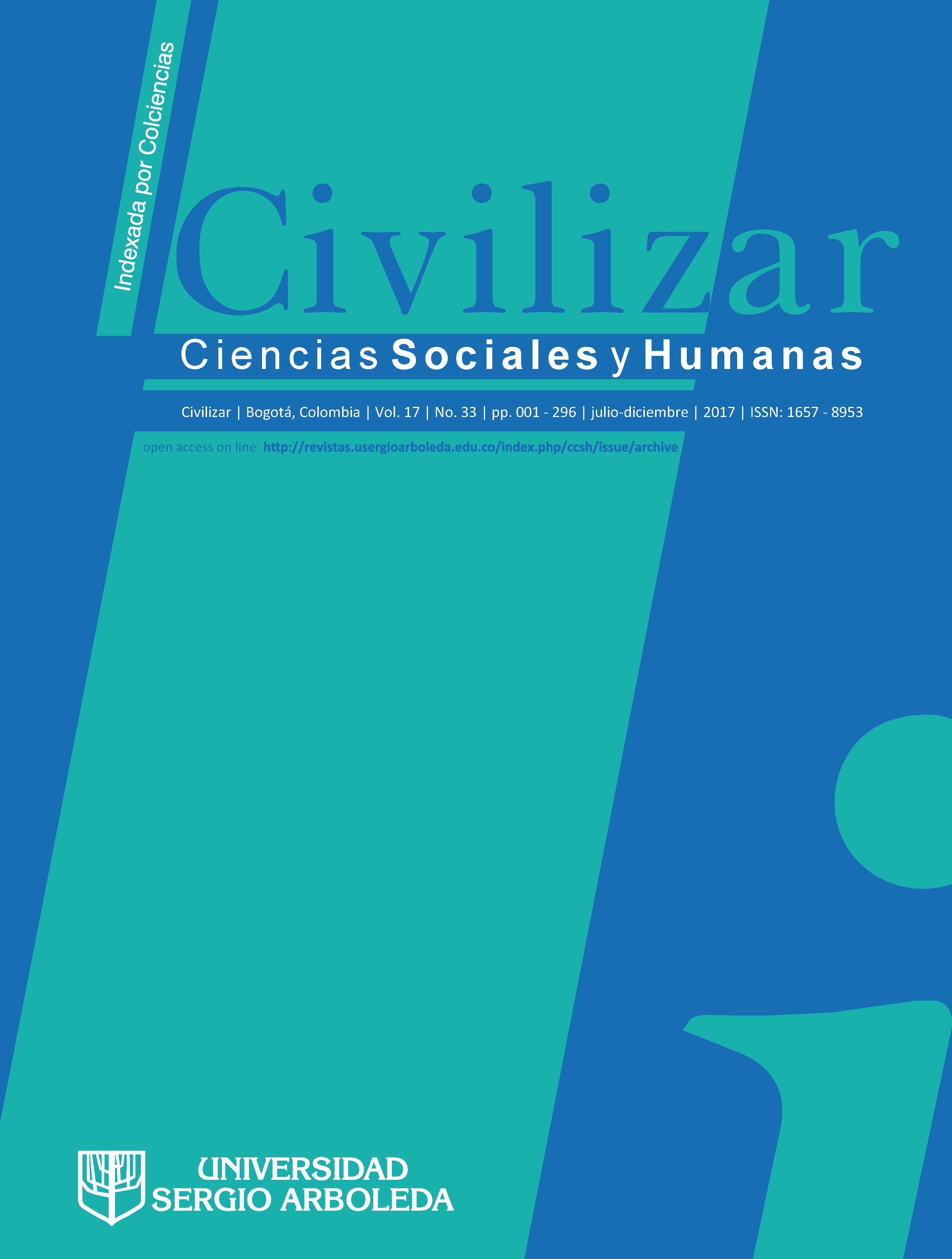Resumen
A partir de Marie Laure Martínez Pralong y Mireille Delmas-Marty, se evidencia que el Derecho ha cambiado y exige un nuevo concepto. La lógica binaria y tradicional posee limitaciones para interpretar el Derecho y muchos conceptos legales no tienen hoy un significado preciso, al contrario, son vagos y confusos. La lógica difusa permite una mejor manera de entender el Derecho porque, mientras la lógica binaria únicamente acepta dos valores: verdadero o falso, justo o injusto, correcto o incorrecto; la lógica difusa acepta otras expresiones de verdad. Esta lógica incluye en vez de excluir. La diferencia entre las cosas no es de esencia sino de grado. Por eso se plantea hoy como posible herramienta de interpretación jurídica.
Nota de retractación: "La publicación de este artículo fue retractada al no cumplir los protocolos establecidos en el proceso editorial de evaluación por pares".
https://doi.org/10.22518/usergioa/jour/ccsh/2019.1/corr03
Una vez publicado, los derechos de impresión y reproducción son del Universidad Sergio Arboleda. Es potestativo del editor permitir la reproducción del artículo.

